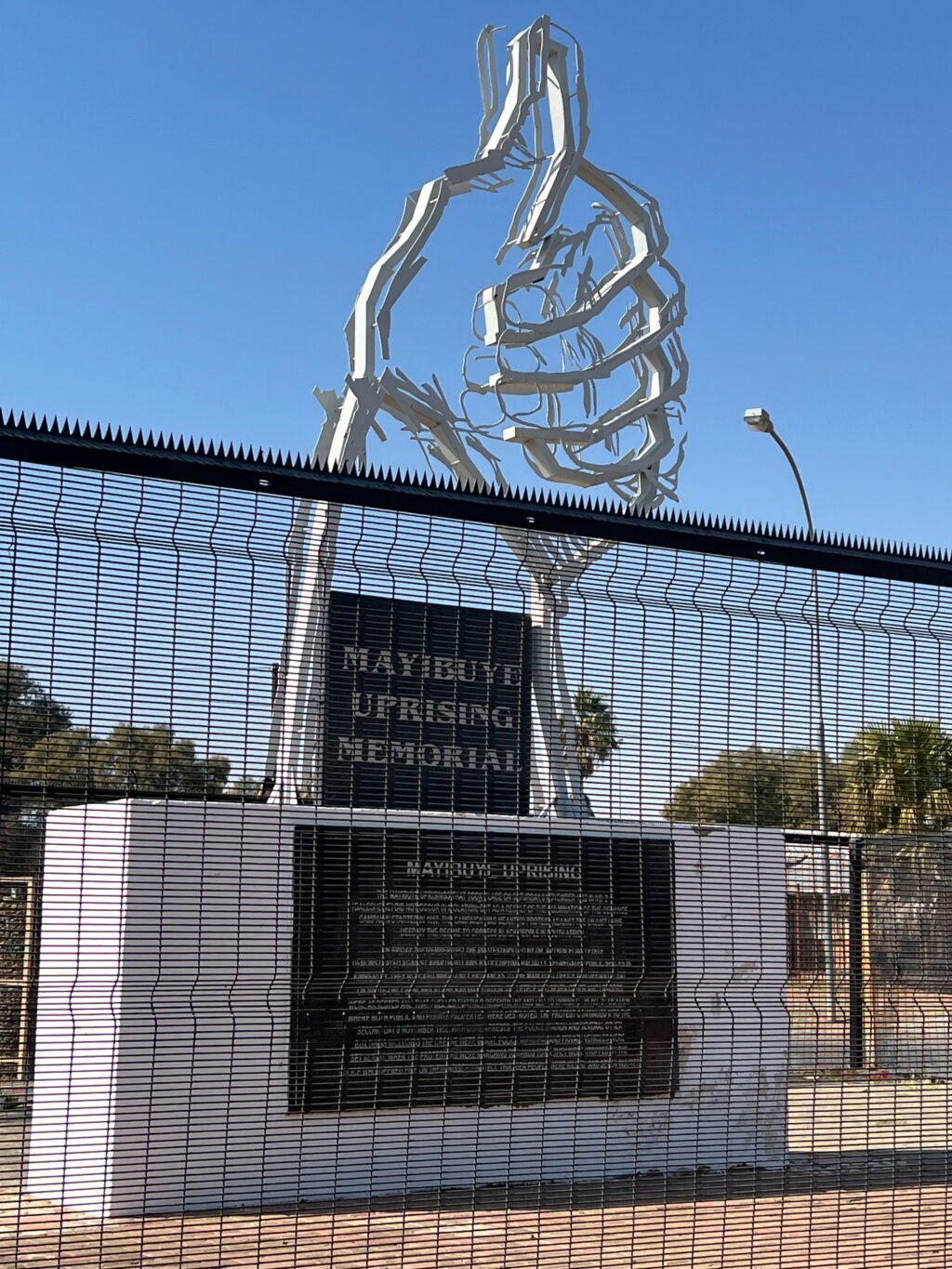
The Mayibuye Uprising, a pivotal yet often overlooked event in South Africa’s struggle against apartheid, took place in Galeshewe, Northern Cape, on November 8, 1952. This uprising was part of the Defiance Campaign, a nationwide resistance against unjust apartheid laws. The small township of Galeshewe became a flashpoint where residents courageously stood up to the oppressive regime, demanding equality and justice.
On that fateful day, thousands of Galeshewe residents, led by activists, took to the streets in defiance of the pass laws that restricted their movement and freedom. The protest, however, was met with brutal force by the apartheid government. The police responded with gunfire, resulting in the tragic deaths of 13 people, with many more injured or arrested.
Despite its significance, the Mayibuye Uprising has largely been overshadowed by other historical events in South Africa. Joy, a local tour guide, lamented this neglect, saying, “We would really appreciate it if the government of the country could recognize and make the rest of South Africa know about this Uprising just like how they are doing so with other provinces. The richness of the history in Galeshewe has been neglected.”
Joy also expressed dissatisfaction with the current representation of the uprising, stating, “The statue depicted on the article is not a true representation of the ‘Mayibuye’ Uprising. The whole statue is wrong.”
Today, the residents of Galeshewe continue to honor the memory of those who fought and died for freedom. However, there is a growing call for greater national recognition of the Mayibuye Uprising, ensuring that this chapter of history is remembered and revered across the country.





